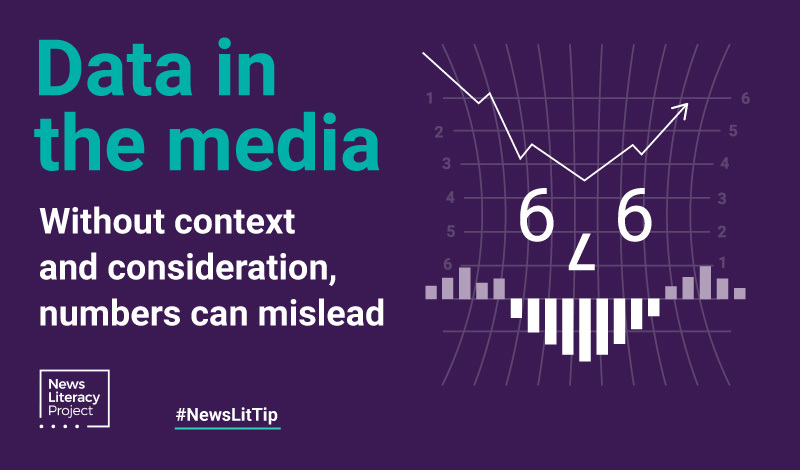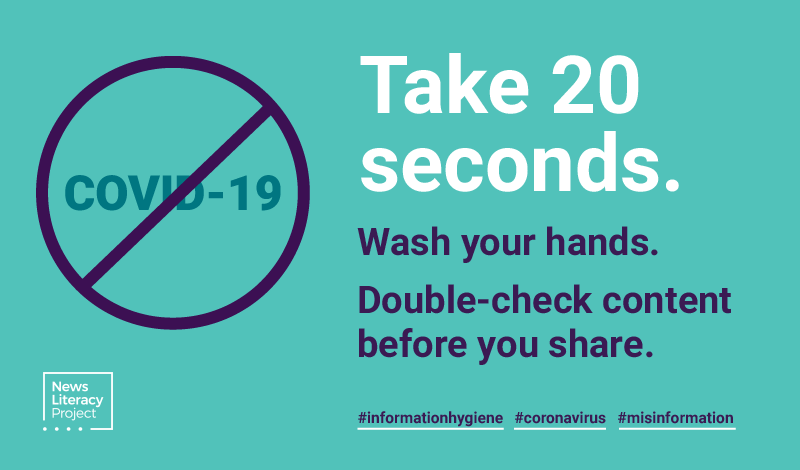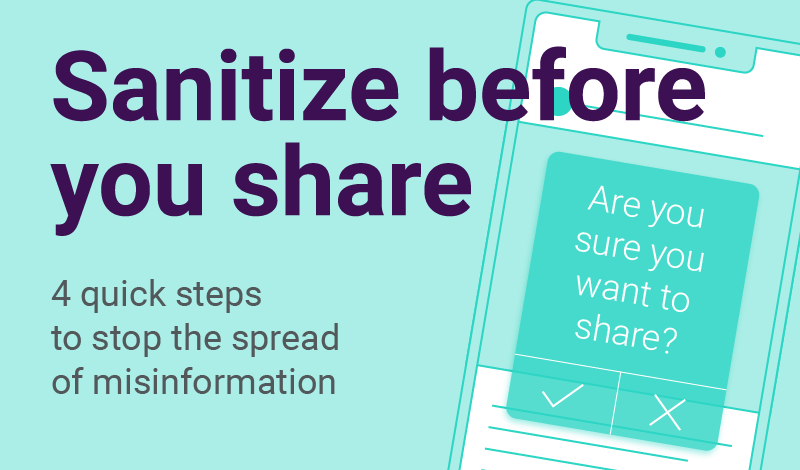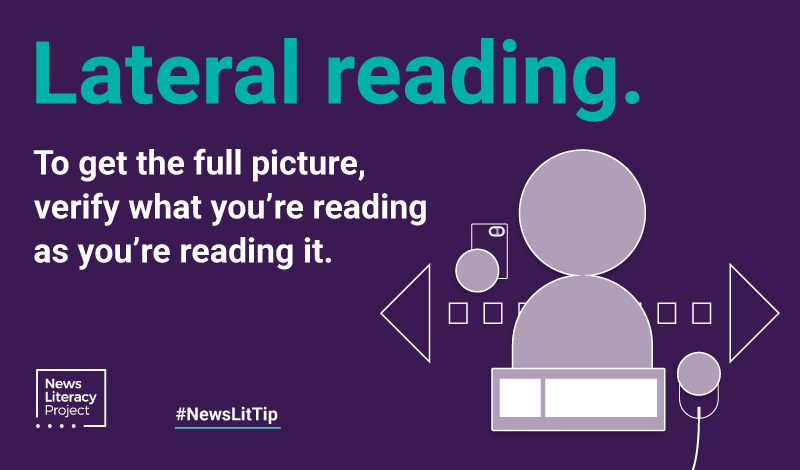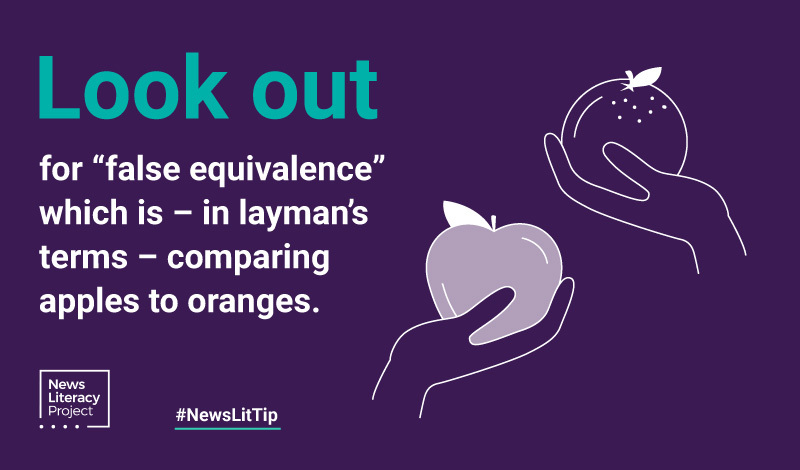
News Lit Tips
Like reporting, science is a process of uncovering facts
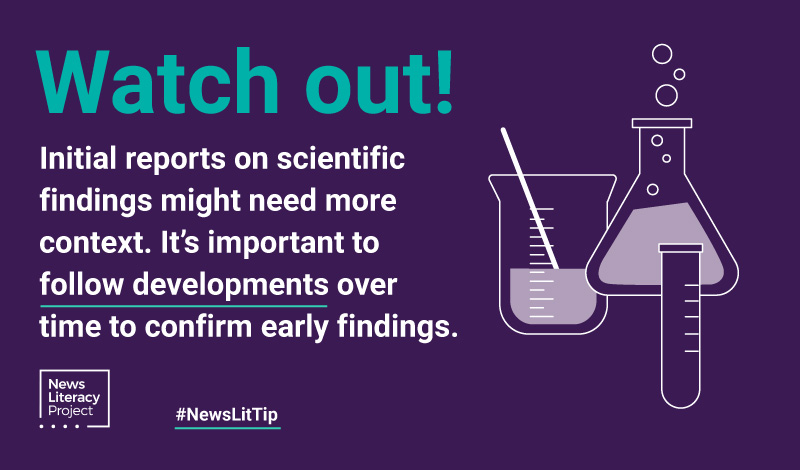
Is caffeine good for you, or is it harmful?
You can find studies that answer “yes” (and “no”) to both questions.
This sums up one truth about scientific findings: They aren’t usually black and white. And that ambiguous reality is not always reflected in the news media, where reports on scientific findings often do not show the complexities involved.
A 2018 study aimed at reporters (and written by Kathleen Hall Jamieson, director of the Annenberg Public Policy Center at the University of Pennsylvania) can help the general public understand how to read science.
Much like reporting, science is an investigative process replete with false starts, dead ends and incremental findings. After all, the scientific method itself consists of twists and turns, starting with making an observation or observations, then forming and testing hypotheses, and finally reproducing the findings (repeatedly).
Science as it appears in the headlines might obscure those subtleties. Coverage that the general public sees is too often broken into one of three storylines, according to Jamieson:
- “Discovery,” an angle on coverage that implies discoveries are “breakthroughs.”
- “Counterfeit quests,” in which bad people make up data to support unfounded conclusions.
- The “science is broken” storyline, which suggests that there’s a systemic problem in science.
All three have in common the mistaken idea that science is clear-cut, rather than a process of discovery. Which means that the studies that say caffeine is great for you might be as verifiably correct as the ones pointing out its health flaws.
As Jamieson said in an interview about her study, “Science continues to build on itself. An article about discovery should also note the unanswered question. When one finding is replaced by a better one, the public needs to understand that a finding is a step on a path that over time leads to more reliable knowledge.”
Wise news consumers should apply their own scientific method to early reports about scientific findings, knowing that gaps in knowledge will soon be filled and might lead to updated results.
Results reported in Jamieson’s essay “Crisis or self-correction: Rethinking media narratives about the well-being of science” were based on researchers’ combing through 165 science articles in six national publications from April 2015 through December 2017. It was published in the March 13, 2018, issue of the Proceedings of the National Academies of Sciences of the United States of America.
